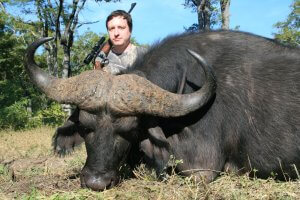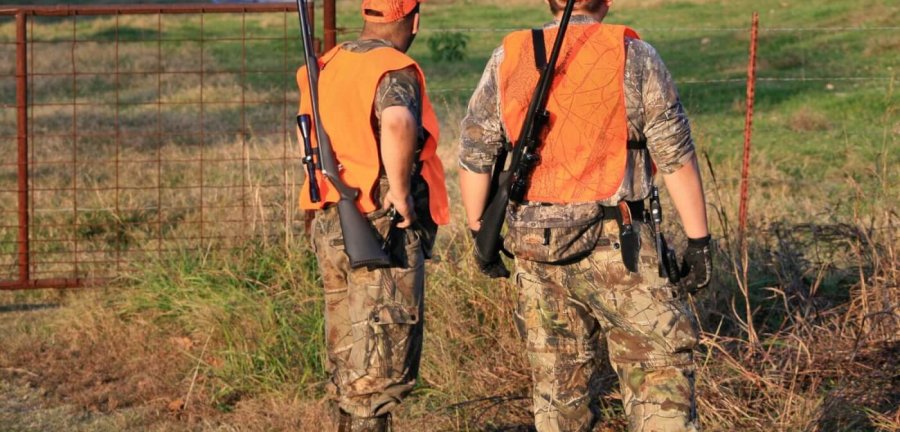If you read part 1 of this blog post, you know that perceived social status motivates trophy hunters. Now it’s time to talk about what trophy hunting is (and isn’t) and how to stop it dead in its tracks.
Trophy hunting is cold-blooded murder. It’s never helpful and always far from fair. Claiming to “conserve” species while driving them toward extinction is a spin that no one but a hunter can put on this with a straight face.

National Geographic’s Dereck Joubert estimates that trophy hunters—usually Americans—kill about 5,000 leopards and up to 40,000 elephants every year. Trophy hunters also set their sights on scores of other exotic species. Many are killed in “canned” hunts—in which animals are confined to fenced-in enclosures so that hunters have easy access to their trapped trophies.
Perfect for those big-game hunters who have no interest in a participation trophy, these ranches—which are often stocked with hand-raised animals who are accustomed to humans— supply guides and feeding stations that lure unsuspecting animals to food while hunters lie in wait.
Cecil the lion, who wore a tracking collar, was certainly accustomed to humans. And his killer, Walter Palmer, and his guides lured Cecil out of a protected area with food. Palmer then shot him with a crossbow, lost track of him, and let him suffer for 40 hours before finally killing him and dismembering his corpse. Just two years later, Cecil’s son Xanda, who was also wearing a collar, was murdered by a trophy hunter—not far from where his father was slain.
The worldwide condemnation of Cecil’s barbaric killing has galvanized the public against trophy hunting, but we can do more to stop trophy hunters. According to Chris Darimont, researcher and co-author of the essay “Why Men Trophy Hunt,” we need to shame them.
“[T]he widespread ‘shaming’ of trophy hunters that has occurred online since Cecil might have also decreased trophy hunting (or at least the boasting online, itself feeding back to decrease the activity),” he explained in an interview. “If our ‘hunting for status‘ hypothesis is correct, then shaming could be an effective strategy for those opposed. This is because shaming tends to erode the status that trophy hunters appear to be seeking.”
Since “showing off” is a motivation for trophy hunters, we can further thwart them by making it hard for them to transport dead animals into the U.S. Since the 2015 killing of Cecil, more than 40 airlines have banned the transport of wildlife trophies. Despite this, UPS refuses to follow suit.
Although the Endangered Species Act prevents African lions from being imported—except in some limited circumstances—this is cold comfort for the rhinos, elephants, bears, and other animals who are still being murdered and then shipped to their killers’ homes. Please take action today and tell UPS to stop shipping hunting trophies.
And when you see trophy hunters proudly posing beside their victims on social media, be sure to remind them that there is shame in their game.






